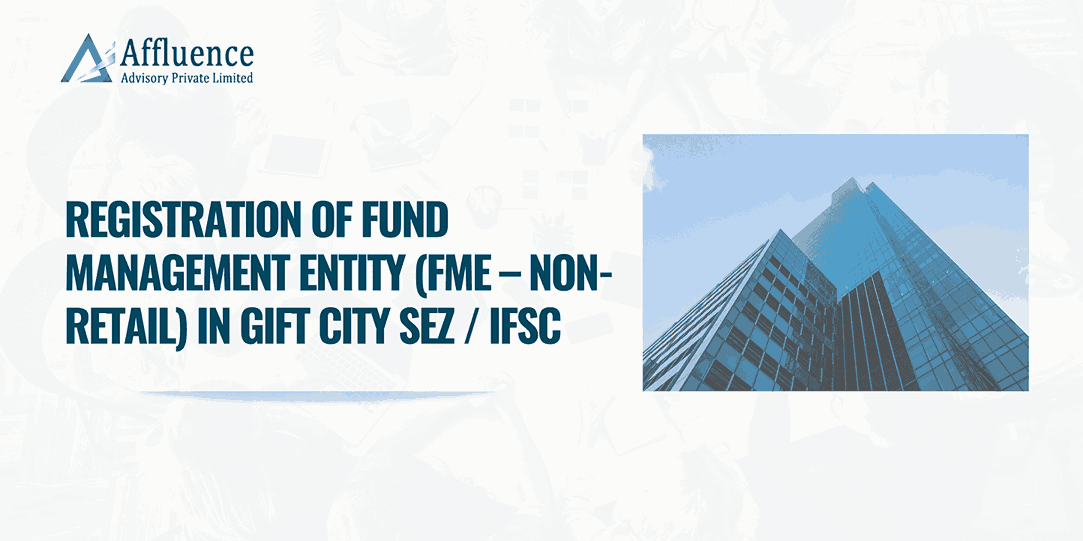Introduction
The Securities and Exchange Board of India (SEBI) introduced the SEBI (Prohibition of Insider Trading) Regulations, 2015, which came into effect on May 15, 2015. These regulations were designed to establish a comprehensive framework to prevent insider trading in securities and to strengthen the legal infrastructure in response to the evolving dynamics of the financial markets.
Structured Digital Database (hereinafter referred to as SDD) was introduced by SEBI vide SEBI (Prohibition of Insider Trading) (Amendment) Regulations, 2018.
Before navigating deeper into the subject matter let’s discuss in summary what is UPSI:
- Unpublished Price Sensitive Information:
Regulation 2(1)(n) of SEBI (Prohibition of Insider Trading) Regulations, 2015 defines ‘unpublished price sensitive information’ as any information, relating to a company or its securities, directly or indirectly, that is not generally available which upon becoming generally available, is likely to materially affect the price of the securities and shall, ordinarily including but not restricted to, information relating to the following: –
- financial results;
- dividends;
- change in capital structure;
- mergers, de-mergers, acquisitions, delistings, disposals and expansion of business and such other transactions;
- changes in key managerial personnel.
Accordingly, an information is a UPSI when:
- The information is not publicly available; and
- On becoming publicly available, it is likely to materially affect the price of securities.
As we are through with the concept of UPSI now we can start decoding Structured Digital Database
- What is Structured Digital Database?
Structured Digital Database is a digital database which is to be maintained by the company internally and contains the following information:
- Nature of Unpublished Price Sensitive Information (UPSI);
- Names of the persons who have shared such information;
- Names of the persons with whom information is shared and
- Permanent Account Number (PAN) or any other identifier of such persons.
- Which are the companies required to maintain SDD?
As per Section 3(5) of SEBI (Prohibition of Insider Trading) Regulations, 2015 ‘The Board of Directors or head(s) of the organization of every person required to handle unpublished price sensitive information ought to maintain SDD i.e. every entity whose securities are listed or proposed to be listed (as defined under Regulation 2(1)(hb) of the PIT Regulations, 2015) is required to maintain SDD.
- Triggering point?
An entry is made in the SDD whenever UPSI is shared internally or externally.
- Access to SDD
Accessing the SDD and recording the entry must be carried out by the Board of directors/ head(s) of the organization of every such person.
- Salient Features/ Elements of SDD
- Must be maintained internally by the company;
- Must be maintained with adequate internal controls, audit trail and time stamp;
- Must not be outsourced (however external software can be purchased to maintain SDD) and
- It must not be tampered.
- Audit Trail
An audit trail is a chronological record that tracks all activities or changes in a system, used for monitoring, accountability, and compliance. In the context of SDD, it logs each entry related to UPSI with a timestamp and user details, ensuring transparency and accountability.
- What is meant by Immutability of SDD entries
One of the key features of the Structured Digital Database (SDD) is that it is non-tamperable, meaning that once an entry is made, it cannot be modified or deleted. In case any correction is required, a separate entry must be created, clearly referencing the original entry. This new entry should include the corrected information along with a detailed explanation for the correction. This process ensures the integrity and transparency of the database.
- Preservation of SDD records
Pursuant to Regulation 3(6) of SEBI (PIT) Regulations, 2015, the SDD is required to be maintained for a period of 8 years after completion of the relevant transactions and in the event of receipt of any information from the Board regarding any investigation or enforcement proceedings, the relevant information in the structured digital database shall be preserved till the completion of such proceedings.
- SDD Compliance Certificate
SDD Compliance Certificate is a certificate required to be submitted by all the listed entities to whom Regulation 24A of SEBI (LODR) Regulations, 2015 is not applicable.
- Purpose – The compliance certificate is to confirm the requirements of maintenance of SDD and making of requisite entries in the SDD for sharing of UPSI, internally or externally, during a particular quarter.
- Issued by – It may be furnished by the Practicing Company Secretary (PCS).
- Frequency –
The companies to whom Regulation 24A is not applicable are required to confirm compliance status of SDD by submitting SDD Compliance Certificate within 60 days from the end of the year;
If the company is non-compliant with SDD requirement the company is required to submit quarterly compliance certificate certified by PCS till the time the company complies.
BSE FAQs on SDD
- Are debt listed companies required to maintain a Structured Digital Database (SDD)?
Debt listed companies are also required to maintain SDD as every entity, which has issued securities which are listed/ proposed to be listed (as defined under Reg. 2(1)(hb) of the Regulations) are required to maintain SDD, in case, such securities fulfil the definition of “Securities” under the Securities 31 Contracts (Regulation) Act, 1956.
- Are companies undergoing CIRP required to maintain a Structured Digital Database (SDD)?
Companies under CIRP are also required to comply with SDD requirement as, Circular No. IP/002/2018 dated January 03, 2018, issued by IBBI makes it mandatory on the Resolution Professional to ensure compliance with all applicable laws.
Disclaimer: This article provides general information existing at the time of preparation and we take no responsibility to update it with the subsequent changes in the law. The article is intended as a news update and Affluence Advisory neither assumes nor accepts any responsibility for any loss arising to any person acting or refraining from acting as a result of any material contained in this article. It is recommended that professional advice be taken based on specific facts and circumstances. This article does not substitute the need to refer to the original pronouncement.
CLICK HERE DOWNLOAD PDF






